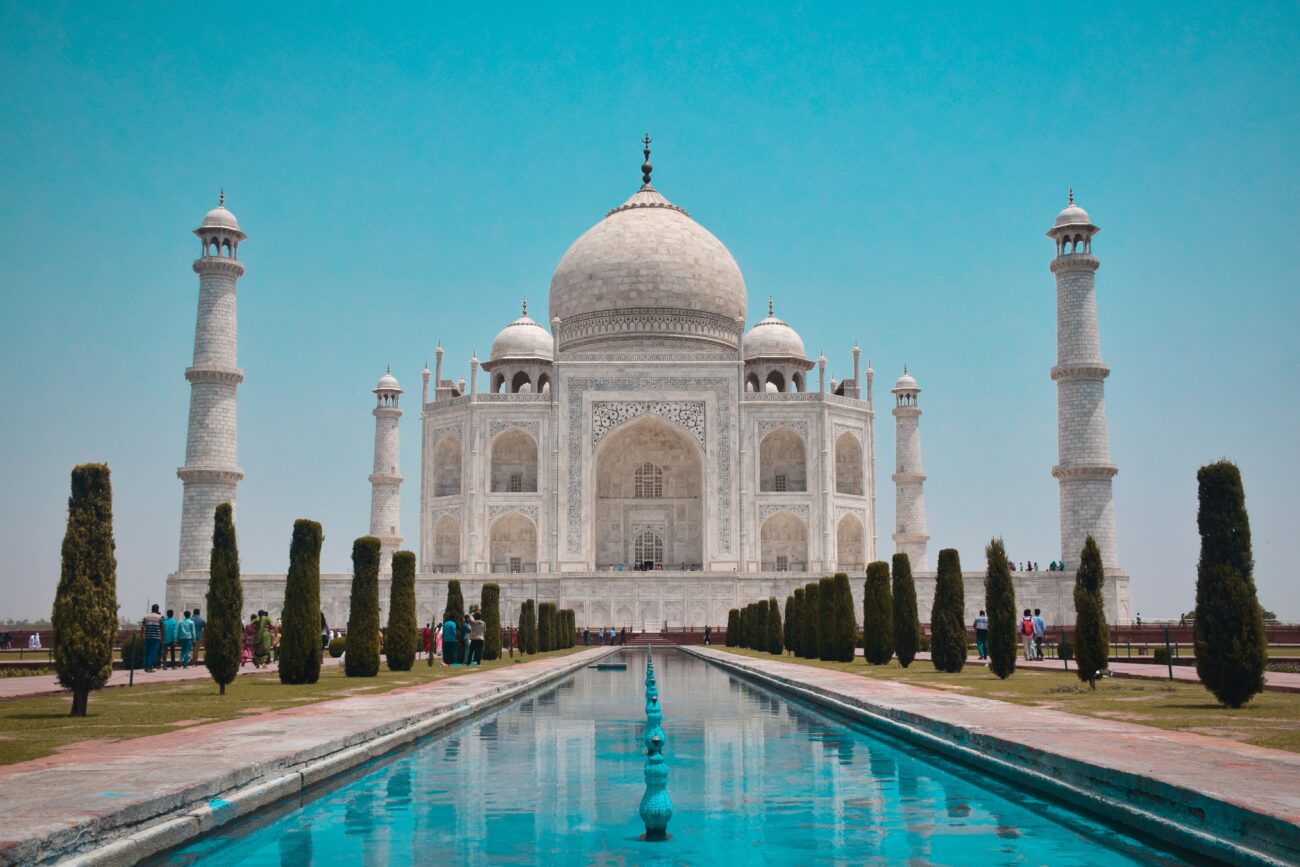Problems of the so-called ‘secular’ Indian
Faced with a barrage of uncomfortable questions, the country's pseudo-secular lot see their most potential 'weapons' being gradually pushed out of the nation-building discourse

A whole lot of people seem to be having a whole lot of trouble accepting the fact that the Indian civilisation, as mauled as it was by successive hordes of blood-thirsty, expansionist hoodlums, is beginning to reclaim its self-respect. The problem only gets worse with brown sahib niceties now being swept off the table, pushing to the edge the use of words such as ‘secular’ and ‘nonsecular’, the last refuge of those who sold the country out. Off the table is talk of invader ‘architecture’, English nursery rhymes and ‘reformation’ brought about by mass murderers.
Placed on the table instead is a large platter full of uncomfortable questions: Why did so-called historians depict India as a defeatist country, a civilisation born to be ruled and tortured? Why can’t we teach Indian children Indian nursery rhymes? How do Jack and Jill fit into our scheme of things? Why and how did some political parties, propagating a most distorted form of ‘secularism’, sell the country out? Why has this country been taught to celebrate looting conquerors rather than those who fought them?
From the Oxom point of view, the country now knows, and only too well, that many of its problems are a spillover from Oxom and its open borders on the East. That the interim report of a committee that was set up to look into how much land–a lot, says the interim report–of Oxom’s xatras is under occupation of illegals, mostly of one particular community, speaks volumes of a lost strategy of anti-national parties that used illegals as a vote-bank. One Delhi television channel that has now been bought out would call detention centres in Oxom ‘concentration camps’, while scoffing at the NRC update. Such was the onslaught on this country by people who claimed to belong to it! One ‘journalist’ who would now have to tone down his ‘more Indian than thou because I criticise my own country no matter how unreasonable and stupid I may be’ quit his job, unable to bear the thought of change coming his way.
Some developments in Oxom and the Northeast were even more laughable, the attempt to undermine the endeavour to put Bir Lachit Barphukan on a national pedestal being the most glaring example of petty, vested interests. The endeavour, the objective of which is by all accounts now within reach, saw murmurs by a bunch that said Lachit was not Indian but Oxomiya. That Lachit would have fought for a civilisation that was thousands of years old with an army that comprised inhabitants of Oxom didn’t of course matter to that bunch.
And here is where the calculations of those who used illegals to win elections went wrong: they never imagined, for example, that it was only a matter of time before the illegals would demand their share of power, refusing to be quiet flag-bearers of a ‘national’ political party that had, to start with, lost all its national credentials, having been reduced to an elitist outfit that would deify a family. Add to that the wave of radicalisation that swept through the illegals as part of an international phenomenon, spreading like wildfire through the media, especially social media, and we would find a new minority monster of illegals raise its head, right across the country, aided and abetted by countries inimical to the very existence of India.
More feathers would be ruffled as small groups of people who had doggedly stood their ground in the face of waves of proselytisers began to find support among the larger Indian community that had, given developments post-Independence, begun to realise that being able to live in peace inherently means being able to keep one’s flanks safe, and that small groups of people, hitherto unknown and completely ignored had, risking all they had, preserved the best of what the larger Indian civilisation had to offer.
And hence the change of conversation at the dinner table of the brown sahib, a conversation that finds the brown sahib swimming against the current in India’s streams, rivers and seas, their laughable sense of entitlement getting them just about nowhere!


